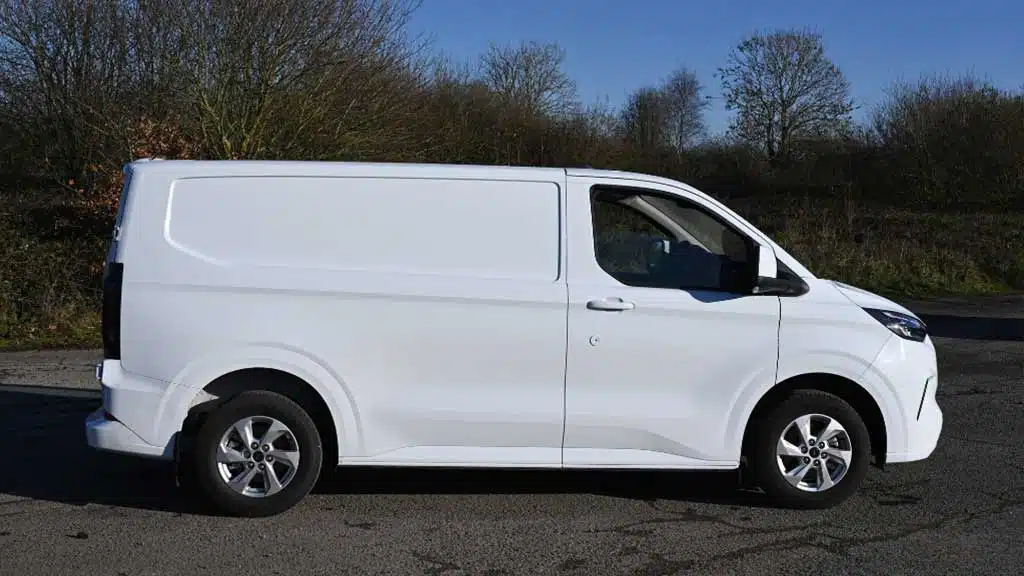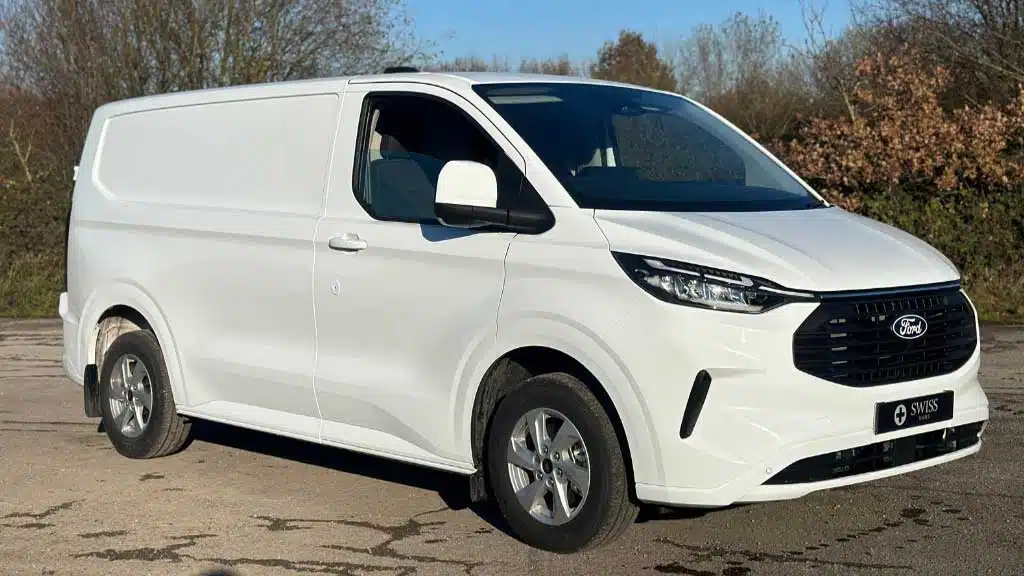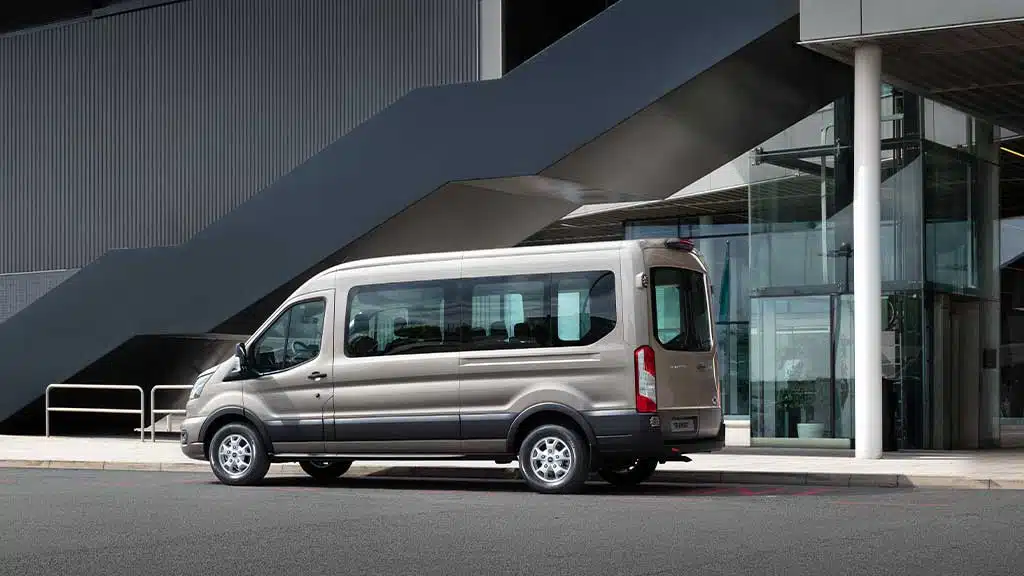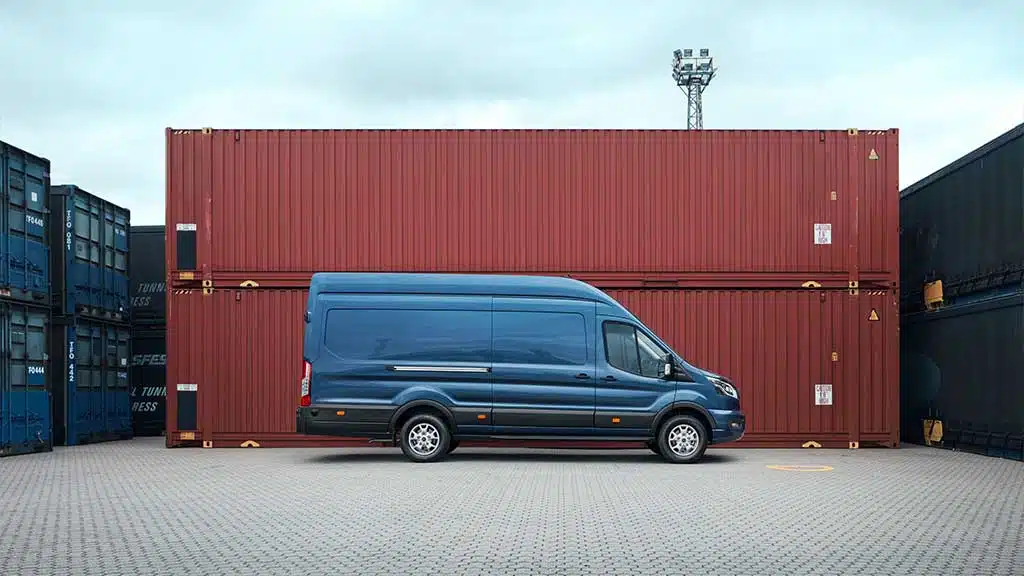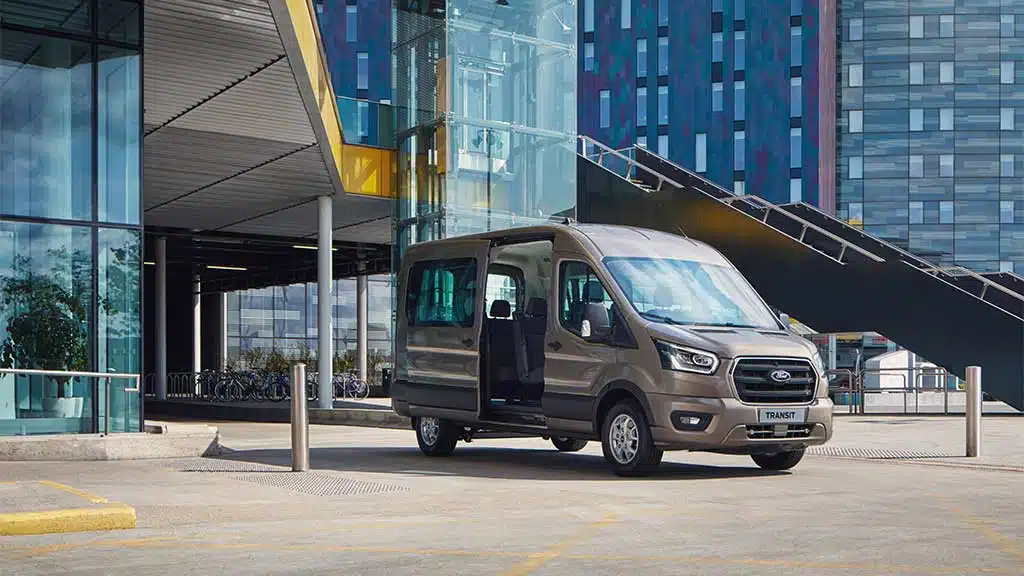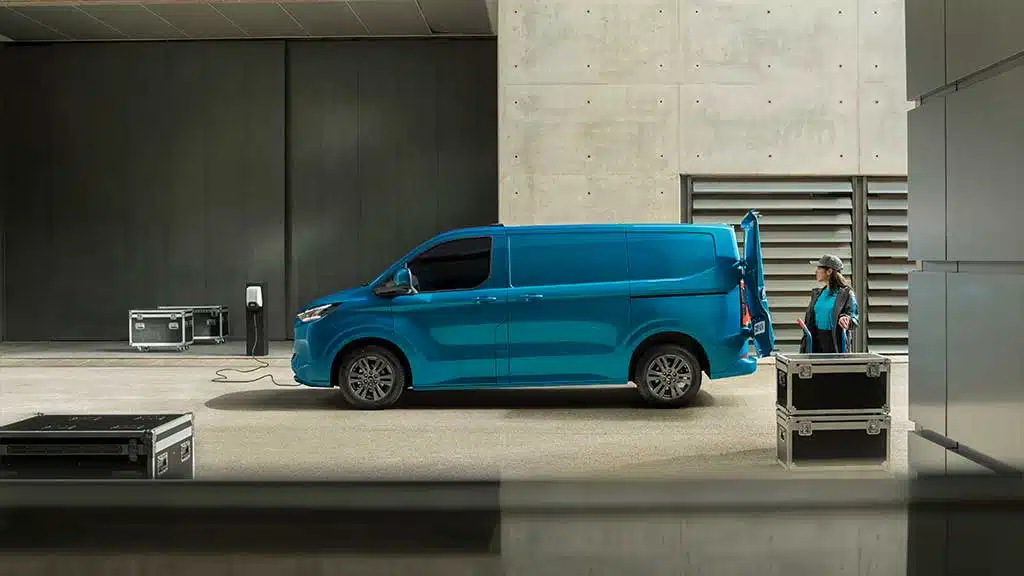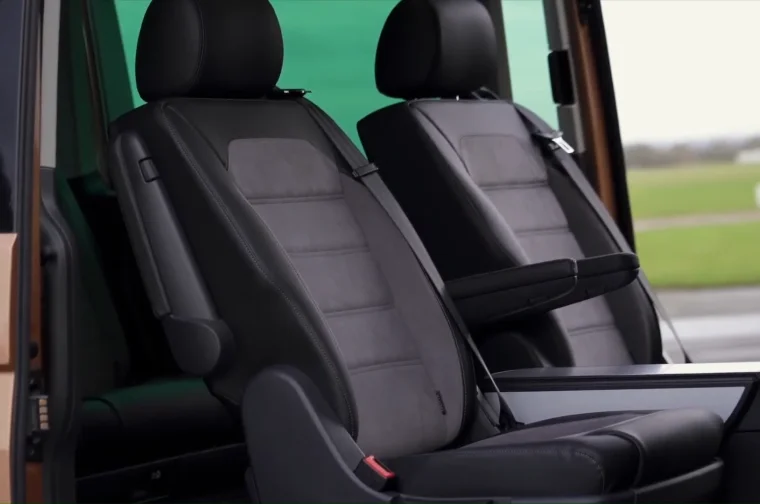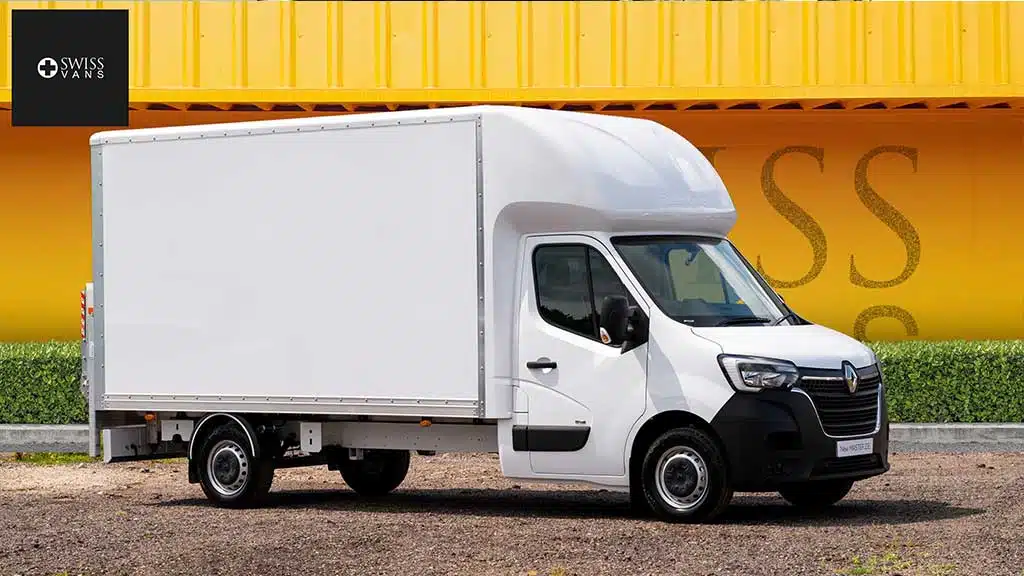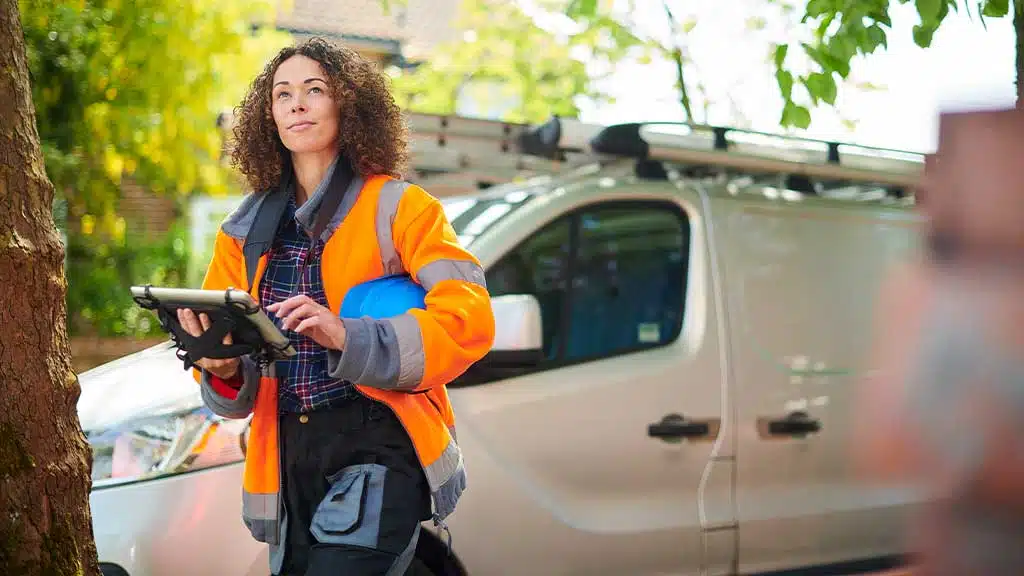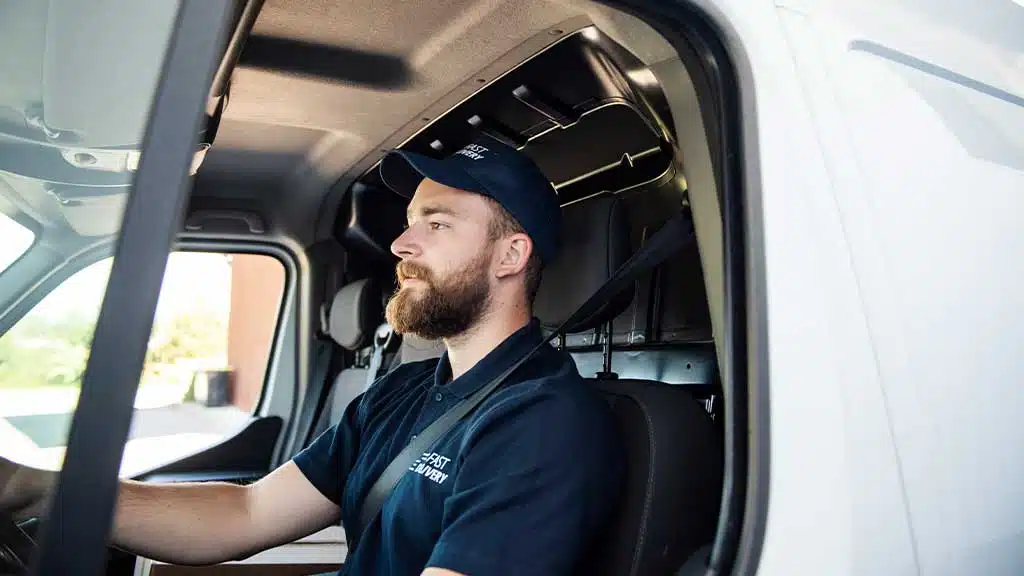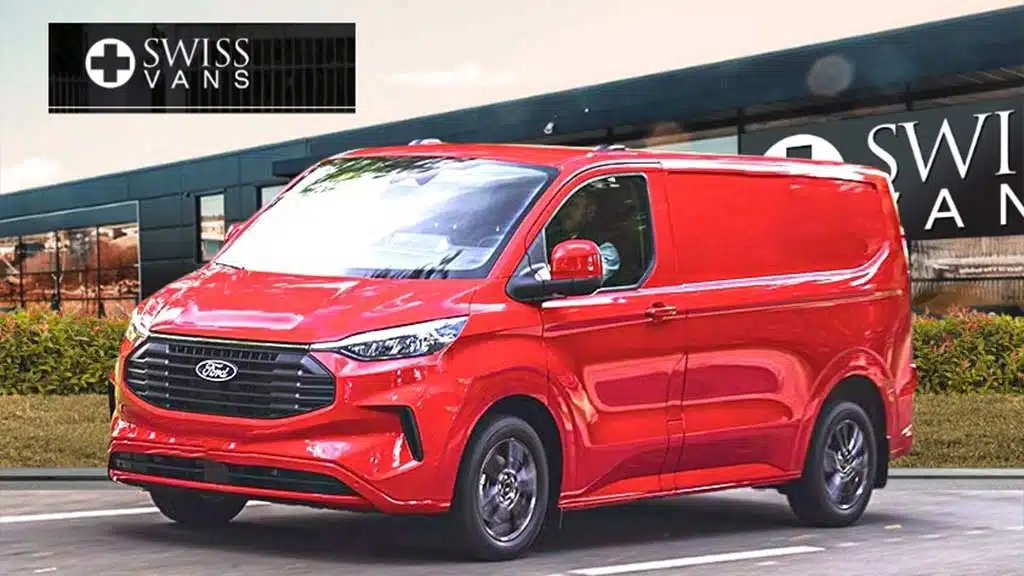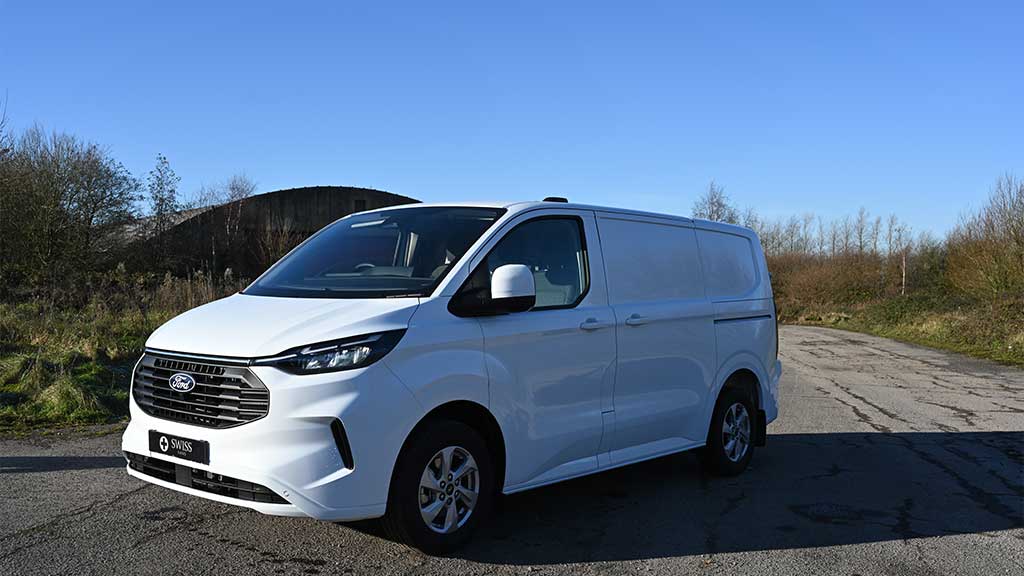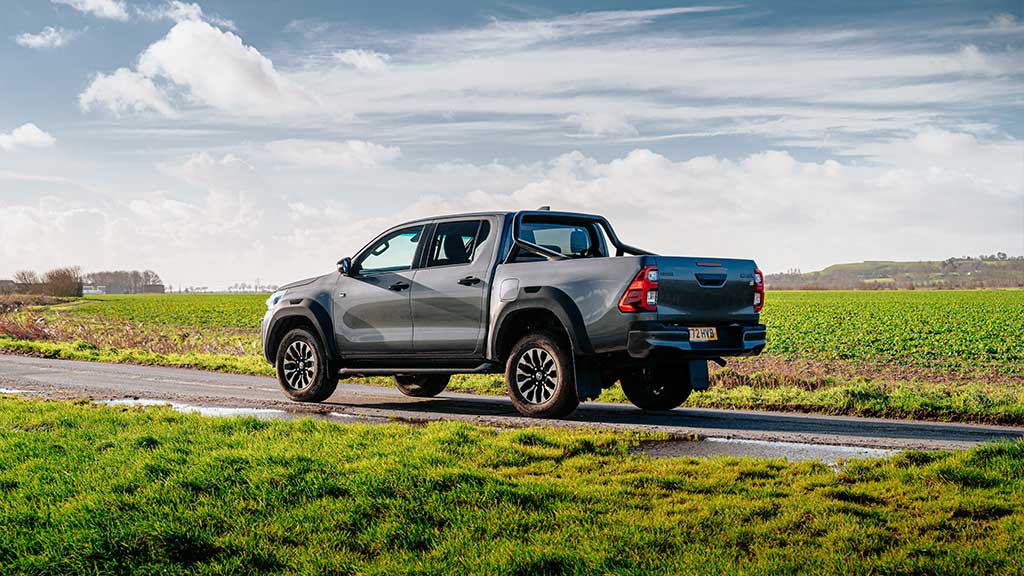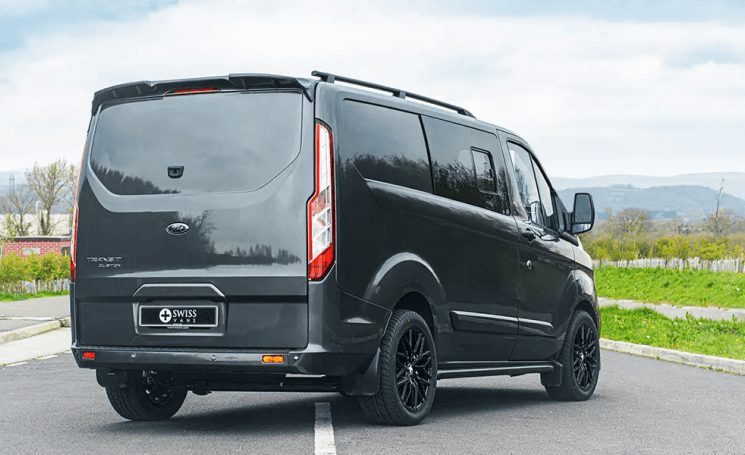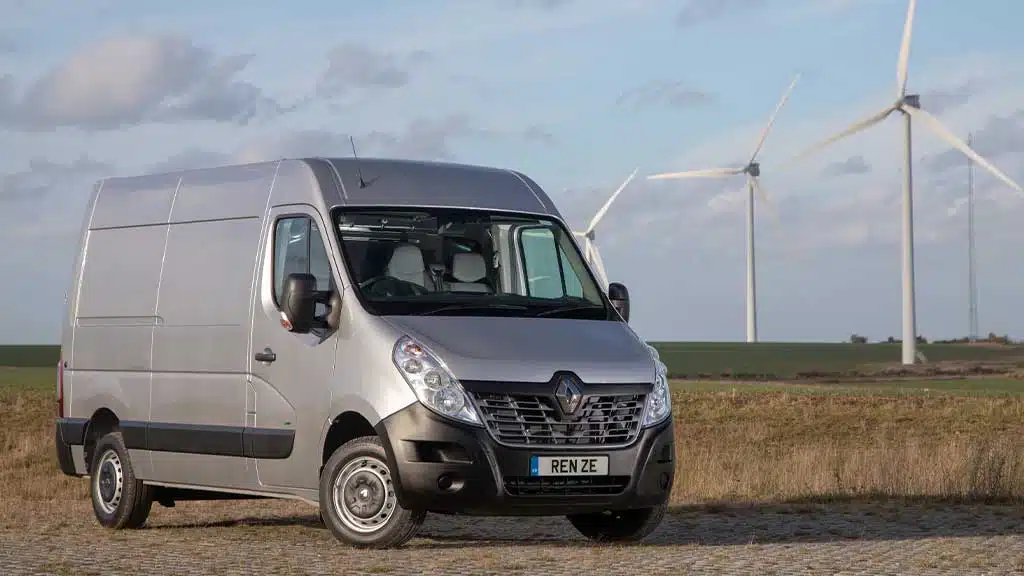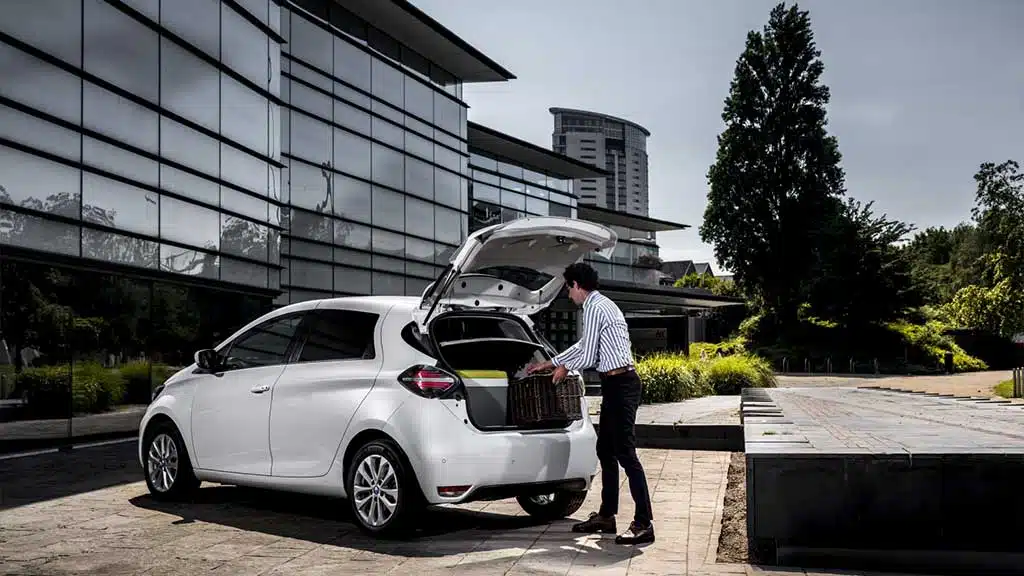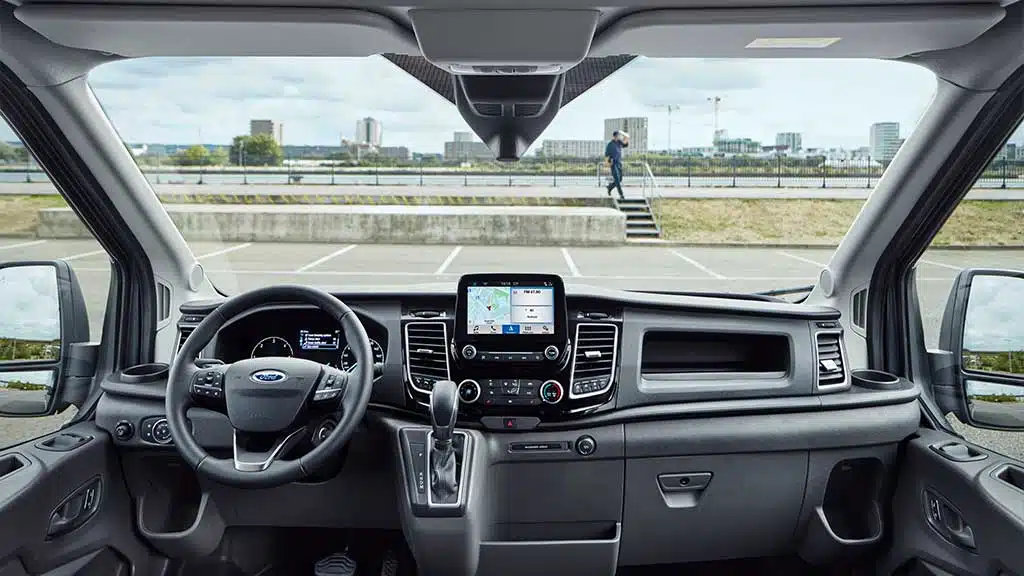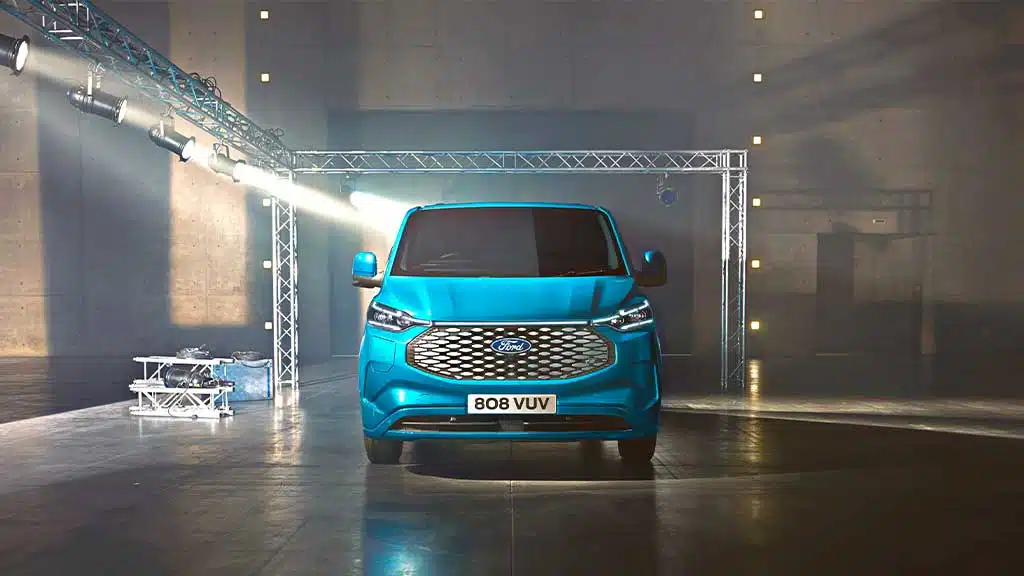Schools can run more efficiently if they have a minibus. However, the school management should determine if it should lease, hire, or buy a minibus for students and staff. If it has inadequate capital, the best approach is leasing or hiring. Minibus leasing for schools may be better than hiring if your school needs a longer-term arrangement of three to five years.
If you do not know whether leasing a minibus is the most appropriate and cost-effective option for your school, read on. This article explains everything you need to know.
What Does Minibus Leasing for Schools Mean?
Leasing is a common way for schools to get a new bus. A school signs a contract with the lessor to own and use a minibus for a few years. It then pays an affordable fixed installment every month. Usually, the minibus lease for schools’ approach enables you to get a brand-new vehicle you do not have to maintain.
The minibus leasing company is responsible for bus maintenance and servicing if you select an operating lease. Your school can use the same bus for three to five years without worrying about depreciation costs. On the other hand, you can only hire a school bus for one year. A good leasing company will generate a package that suits your school’s transportation needs and goals.
Start By Assessing Your Transportation Needs
Minibus leasing for schools works best if you know your institution’s transportation needs. Understanding these needs will help make the best decision for your students and staff members. Here is how to assess your needs:
- Purpose – First, identify the primary purpose of the school minibus. Is it for picking up and dropping off students and staff every day? You want to use the bus for educational trips and extracurricular activities.
- Bus size – Before using the minibus lease for school option, consider its size. First, estimate the number of people who will use it for transportation. Additionally, estimate the number of trips it will make regularly and occasionally.
- Distance and routes – To know the best type of minibus to lease, calculate the distances it will cover daily and the specific routes it will take. These factors can affect how soon your leased minibus will require maintenance and repairs.
- Accessibility options – It could be that some of those who will use the leased minibus use a wheelchair for mobility. Lease the most appropriate bus for them.
- Storage –People tend to pack adequate belongings when traveling away for weeks. If the leased minibus will facilitate long trips, you need it to have extra storage equipment.
- Future Expansion Plans – All schools have growth and expansion plans. If some of these plans can impact your transportation needs, consider leasing the most appropriate minibus now.

After assessing your transportation needs, evaluate the pros and cons of leasing a minibus for your school.
Pros and Cons
When considering leasing a minibus instead of buying, expect some pros and cons.
Pros
- Leasing allows the school to have a minibus with lower initial capital.
- You can allocate budgets more effectively.
- A lease agreement often entails maintenance and servicing. Hence, the van can stay in top working condition without extra costs.
- Your school can upgrade to a new bus model when the first contract term ends. This way, you can maintain a fleet of top-notch minibuses.
- When you lease minibus for schools, you can take advantage of the current safety standards.
- You do not have to worry about the resale value of the asset.
- The leasing company will keep your monthly costs fixed.
Cons
- The cumulative leasing costs will one day surpass the initial buying cost.
- Some lease agreements might impose unfair restrictions on mileage and minibus customization options.
Things to be Cautious about When Signing a Lease Agreement
Minibus leasing for schools’ entails signing an agreement. You should sign this agreement only if you understand it well. Compare the items of the agreement with your transportation needs and goals. If you find a discrepancy, talk to the leasing company. It can alter the agreement to suit your needs. Some of the things to be cautious about include:
Types of leases
Schools can select between two types of leases. One type is the operating lease. It is the best for most schools. The other one is the finance lease. It is unsuitable because it transfers the minibus’ costs to you. Additionally, a finance lease may not let you own the equipment after incurring all these costs.
Instead, you can keep the minibus only if you meet a stipulated nominal fee or an affordable purchase price. If you are short on finances, choose an operating lease to avoid maintaining the vehicle. An operating lease requires your school to pay a small percentage of the vehicle’s capital value over the agreement term. A vehicle’s useful economic life is longer than any lease agreement term, which makes an operating lease cheaper.
Costs

Before signing a lease agreement, you should understand all the costs you will pay. The first cost your school will meet is a fixed monthly installment. The payment of this fee will continue until the contract ends. Some lease agreements also stipulate other additional costs you should pay because of using the minibus. To avoid these costs, read the contract from the beginning to the end.
Least Lease period
For how long do you plan to lease minibus for schools? If you want a minimum of three years, ensure this is the stipulated period on the lease agreement. Every leasing company keeps this period fixed. So, be sure that this is the minimum period you want to lease the bus before signing any document. To decide on the best minimum leasing period, assess your transportation needs. Further, you can seek advice from other colleagues who lease school minibuses.
End of Lease Period
You should know what happens after the end of your minibus lease period. In most cases, the leasing company will let you continue leasing the vehicle. By then, you will have known the pros and cons of working with the company. So, you can continue or stop leasing the minibus.
If you want to stop using their minibus leasing for schools’ service, notify the lessor that you will return the vehicle. Moreover, clear any outstanding debt before shifting to a new school minibus leasing company. If you still plan to use the same company, ask if it has new leasing terms.
Maintenance and supply services
A lease agreement should specify if the company will maintain the school minibus. If yes, the contract should stipulate who will provide the spare parts and services. Before signing the contract, ensure you understand your maintenance roles. Here are tips to assist you:
- Check if the company has a lease agreement that includes maintenance, supplies, and other crucial things. If it has a separate agreement for maintenance and supplies, check its duration and the conditions of terminating it.
- Understand the service level the company wants to give you. Will the company provide regular maintenance visits and deliver the supplies? Some companies will wait until you make a request.
- Assess the cost of maintaining the minibus via a third party. Then, compare it with the leasing company’s cost.
- Check if the leaser has any add-on services in the agreement. This way, you will know who will provide these services and their costs.
Upgrading Your Lease Agreement
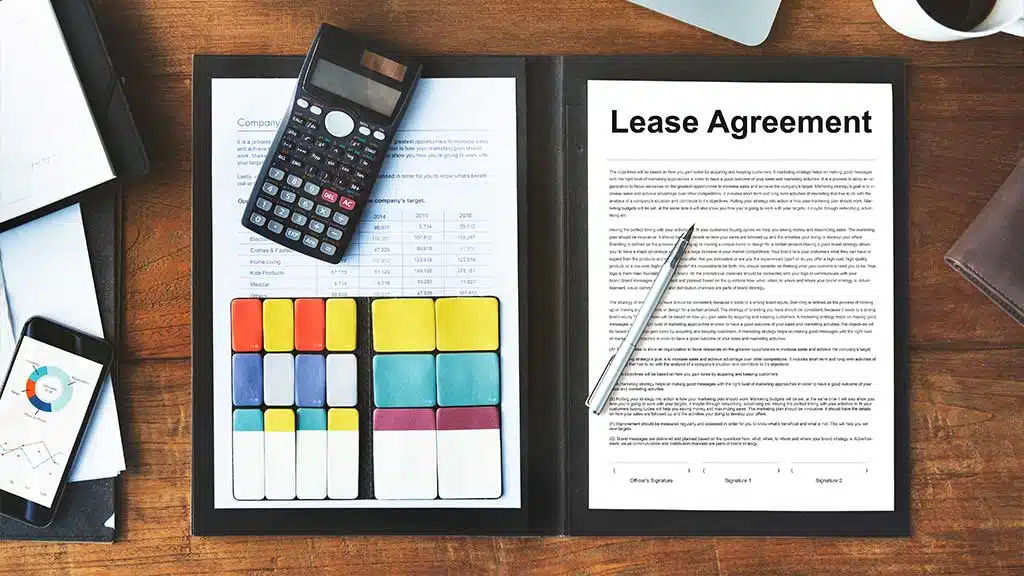
If your school admits more students, its transportation needs must change. Also, if it wants to offer school trips more often, it might have to get a larger minibus. When reading the lease agreement, check the provisions for upgrading it. Call the lessor about the available upgrading options if you cannot find such a stipulation.
In most cases, you cannot upgrade a contract without settling the pending balances on your current agreement. If you have outstanding rental fees, pay them upfront or request the company to include them in your new lease agreement. Depending on your school’s financial stability, you could pay the outstanding balances slowly, but the cost might overcome the school eventually.
Vehicle Insurance Cover
After finding a school minibus leasing company, you might be responsible for buying the insurance cover. This cover can help if your school driver causes an accident or commits a road traffic offense that leads to prosecution. Comprehensive insurance cover is always the best choice because it excludes your school from any damage the minibus causes to other motorists.
Also, the lesser will not hold you responsible for damaging the minibus. Consider how you will use the minibus, including the total weight it should handle. Choose the drivers of the minibus before buying suitable insurance cover. Ensure they have adequate experience with vehicles to help you monitor the mechanical issues.
Additionally, consider getting a regular vehicle maintenance system to help the drivers check tire pressure, brake fluid and engine oil levels, and other faults. This will increase safety for students and staff when riding in the leased minibus.
Conclusion
The decision to lease a minibus for your school is vital. You should make it if you cannot afford a new or used bus or want to hire a vehicle for more than a year. Minibus leasing for schools allows you to sign an operational lease agreement that exempts you from maintaining the van. You can choose the least lease period that works for your needs.



